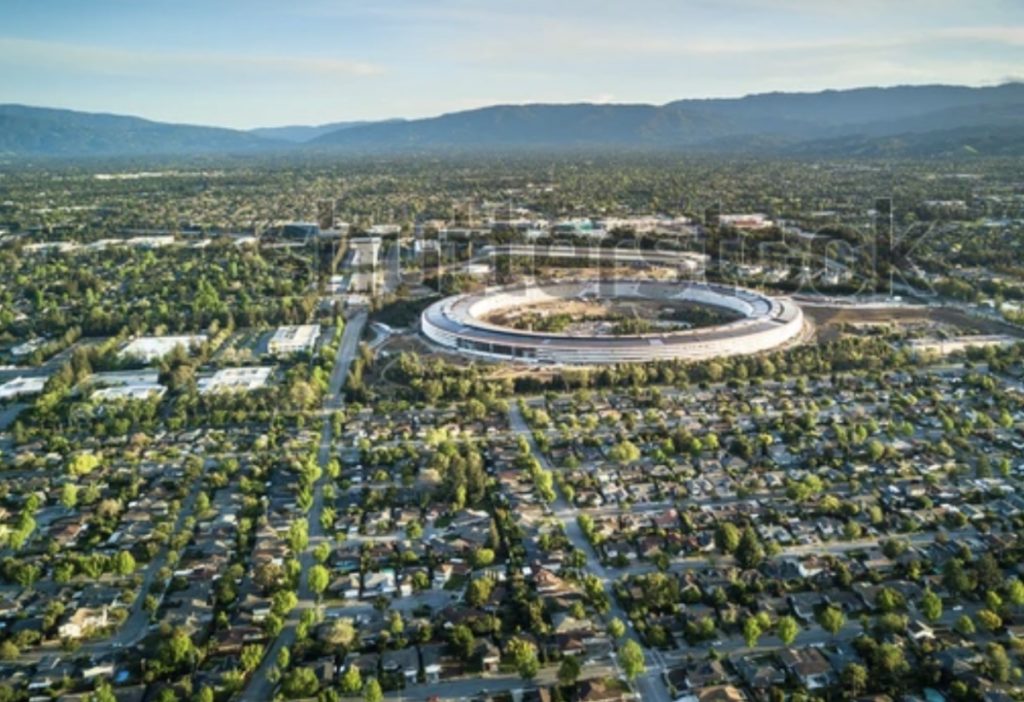Millions of dollars in sales tax revenue that the city of Cupertino, California shares with hometown company Apple Inc. would be protected until 2035 under legislation a group of lawmakers is asking California Governor Gavin Newsom to pursue, reports Bloomberg Law.
Six lawmakers representing Santa Clara County asked the Democratic governor for a bill blocking redistribution of the tax revenue in question away from cities in the county, or the county as a whole, according to a copy of their Aug. 18 letter to Newsom obtained by Bloomberg Law.
The proposed bill would shield Cupertino from a 73% drop in annual sales tax revenue resulting from the California Department of Tax and Fee Administration’s examination of a tax-sharing agreement the city has with Apple. It would also cover a similar arrangement between San Jose and eBay Inc., preempting the department’s actions and carving out an exception for Santa Clara cities that wouldn’t extend to the handful of other cities and counties where similar deals exist.
Newsom’s office has received the letter and is reviewing it, spokesperson Alex Stack told Bloomberg Law. The governor’s office has been in contact with legislators about the issue, he said.
In April it was reported that a tax agreement between Apple and Cupertino (home of the company’s “spaceship” headquarters), had come under scrutiny from state regulators, potentially slashing the amount of money that the company sends to the city.
The California Department of Tax and Fee Administration launched an audit of the arrangement in 2021, and Cupertino’s finance director is scheduled to explain the findings to the city council on Thursday. The result may be that local tax revenues will fall 73% this year.
It was reported in 2019 that Cupertino had given almost $70 million in sales-tax collections back to Apple over the past 20 years, with the amounts sharply increasing in recent years, public records show. Per Bloomberg Tax, the payments have been made under a little-known tax incentive deal struck in 1997, when Apple was on the brink of bankruptcy, “and that’s likely to endure until at least 2033.”
Also in 2019, The Mercury News reported that Apple was offering to spend $9.7 million on five bike and pedestrian-oriented transportation projects for the city of Cupertino, a proposal by the company after the city council agreed to put off changes to the business license tax that would have cost Apple $9 million a year.
At that time, the tech giant approached the city after a proposal last year to change the city’s business license tax from a flat fee with a progressive rate based on total square footage, to a tax based on the number of people a business employs. According to The Mercury News, the change would have generated $10 million in annual revenue, most which would have come from Apple, the city’s largest employer with 24,000 workers.
Article provided with permission from AppleWorld.Today

